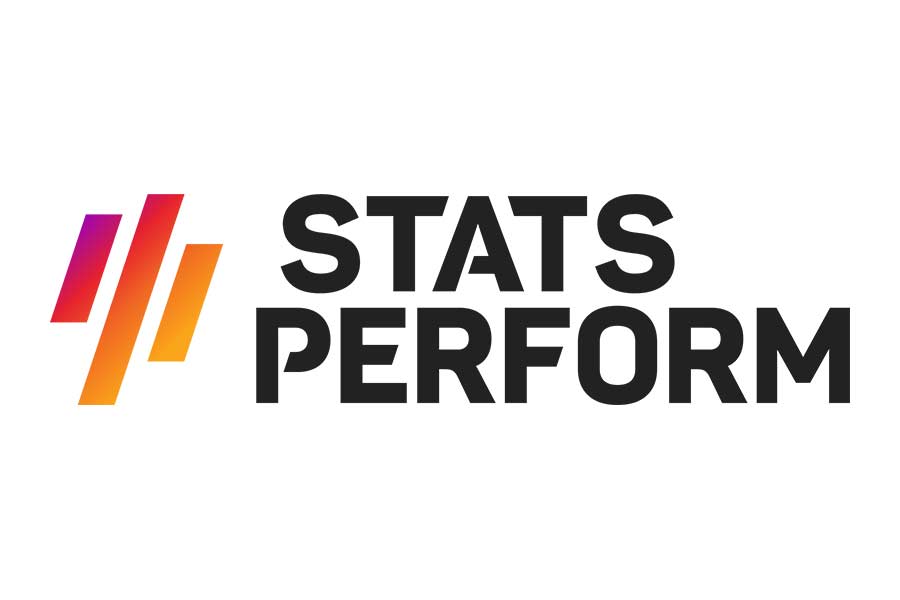The coronavirus pandemic is the defining crisis in the modern sports event industry.
Like me, you will have had the conversations with colleagues, clients and assorted sector experts, where you go in search of precedents. We want to gauge how bad this is, to put some sort of order on the chaos as it unfolds. That list probably that starts at the 2007 banking crisis, then 9/11, and on through a catalogue of natural, human and economic disasters until you get to the Second World War.
So, make no mistake, this is a massive moment, the implications of which we’ll be living with for years, probably decades. We are all waiting for the heroes of the medical and science community to do their work and report back. So anyone trying to offer solutions or predict the new normal for the sports market is not to be trusted. But here are some things that are true:
1. SPORT IS IMPORTANT
Economically, culturally, socially. Sometimes we take it for granted or argue over attempts to quantify its importance. But even the anti-sport brigade can see and feel the impact of its absence. Its roots in communities are broad and deep.
2. HOST CITIES ARE UNDER APPRECIATED
Most of the early industry conversation has been about the second level impacts on sports rights holders’ relationship with broadcasters and sponsors. Do not forget that government money drives the sports economy. The sector’s biggest financial investor is not the media, corporate sponsorship nor the fans who buy the tickets. The single biggest contributor to the sports economy is the public sector, which pays out tens of billions of dollars every year globally, mainly via city and national governments which pay hosting fees and associated costs to put on major events.
3. THE SPORTS EVENT MARKET IS OVERSUPPLIED
An uncomfortable truth, but there will be a shakeout in the event sector. The calendar will be different. The market will look anew at which events really matter and which are ‘nice to have’.
4. THERE WILL BE HUGE LOSSES
Across the sports event sector, small and medium sized supply businesses will cease to exist. People will suffer real hardship at every level. We must act as a community to help in any way we can. We are interconnected.
5. ECONOMICS IS NOT FAIR
Events that do not deserve to go under will vanish. Others will get lucky and survive, even thrive. Success and failure will be allocated in an inefficient way. We are conditioned to think in narrative stories that suggest a logical chain of cause and effect. But the reality is closer to messy chaos. It always is.
6. THERE WILL BE THOSE WHO SUFFER MORE AND THOSE WHO SUFFER LESS
The next few months are an opportunity. That is how capitalism works, it is brutal and simple. As businesses fail their assets will be feasted upon by others. There will be people whose careers will be made over the next few months. Amid the debris there will be some very undervalued events, relationships, rights and brands going for a song.
7. RADICAL IDEAS WILL BECOME MAINSTREAM
Virtual sports events, esports, remote fans. Some of the stuff we have been talking about as ‘future gazing’ will make commercial sense for the first time.
8. GOVERNMENTS WILL MAKE EXPENSIVE MISTAKES
Government money is the engine of the event sector. Those in charge of the public purse will allocate funds to try to help. This process is inexact and unreliable and it will make some of us angry. Who will they choose to bail out, who will they leave alone?
9. TRUST TAKES TIME
Some rights holders enjoy long-term relationships with their host cities, broadcasters and commercial partners that have reaped broad and real mutual benefit for years, even decades. Others are short-term, transactional relationships of convenience.
10. NUMBER ONE CANNOT BE REPEATED ENOUGH – SPORT IS IMPORTANT
In our 14 years as an active player in the sports industry, The Sports Consultancy and TSC Legal have worked throughout some of the biggest shifts the industry has seen, some of which have been seismic in scale. It is true that we’re in new territory and there are few precedents to compare to where we are today.
Yet our experience has taught us that global sport is a resilient, endlessly creative and supportive community, and we’ll come out of this stronger.























